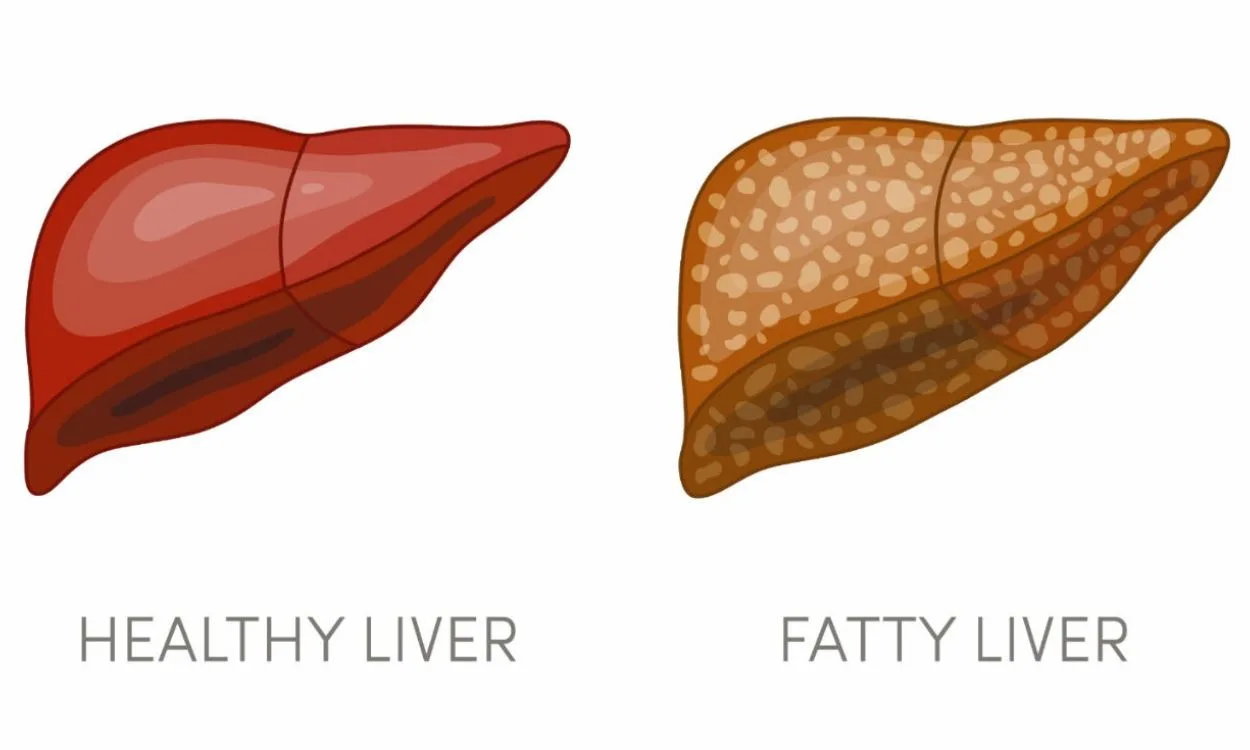What should I do if I have been diagnosed with fatty liver?
Introduction
Fatty liver, also known as hepatic steatosis, is a condition characterized by the accumulation of fat in the liver cells. It is a common condition that can affect people of all ages. If you have been diagnosed with fatty liver, it is important to take appropriate steps to manage and improve your condition. In this article, we will discuss the causes, symptoms, diagnosis, and treatment options for fatty liver. We will also provide some lifestyle and dietary recommendations that can help you in managing this condition effectively.
Understanding Fatty Liver
- Causes of Fatty Liver:
- Obesity and overweight: Excess weight and obesity are major risk factors for the development of fatty liver.
- Poor diet: Consuming a diet high in saturated fats, refined sugars, and processed foods can contribute to the accumulation of fat in the liver.
- Insulin resistance: Insulin resistance, a condition in which the body’s cells do not respond properly to insulin, can lead to the development of fatty liver.
- Alcohol consumption: Excessive alcohol intake can cause alcoholic fatty liver disease.
- Medications: Certain medications, such as corticosteroids and tamoxifen, can contribute to the development of fatty liver.
- Symptoms of Fatty Liver:
- Most people with fatty liver do not experience any symptoms in the early stages.
- As the condition progresses, some common symptoms may include fatigue, abdominal discomfort, and jaundice (yellowing of the skin and eyes).
- Diagnosis of Fatty Liver:
- Fatty liver is often diagnosed during routine blood tests or imaging studies such as ultrasound, CT scan, or MRI. Blood tests may show elevated liver enzymes and triglyceride levels.
- A liver biopsy may be performed in some cases to determine the severity of the condition and rule out other liver diseases.
Treatment and Management of Fatty Liver
- Lifestyle Modifications:
- Weight loss: If you are overweight or obese, losing weight gradually and maintaining a healthy weight can help improve fatty liver. Aim for a weight loss of 5-10% of your body weight.
- Regular exercise: Engaging in regular physical activity can help reduce liver fat and improve overall health. Aim for at least 150 minutes of moderate-intensity aerobic activity per week.
- Healthy diet: Adopting a balanced and nutritious diet is crucial in managing fatty liver. Focus on consuming whole foods, including fruits, vegetables, whole grains, lean proteins, and healthy fats. Limit your intake of saturated fats, refined sugars, and processed foods.
- Alcohol and Medication Management:
- If you have alcoholic fatty liver disease, it is essential to avoid alcohol completely.
- If medications are contributing to your fatty liver, consult with your healthcare provider to explore alternative options.
- Medical Treatments:
- In certain cases, medications may be prescribed to manage underlying conditions or to improve liver health. Consult with your healthcare provider for appropriate medical treatment options.
Fitpaa – Your Companion in Managing Fatty Liver
If you are looking for additional support and guidance in managing your fatty liver, Fitpaa can be a valuable tool. Fitpaa is an end-to-end AI-driven health and fitness app that can help you achieve your health goals effectively. Here’s how Fitpaa can assist you in managing your fatty liver:
- Metabolism Assessment:
- Fitpaa’s metabolism assessment can help identify the root cause of your health condition by evaluating your current metabolism. Optimizing metabolism is crucial for achieving health and fitness goals with a 100 percent guarantee.
- Personalized Fitpaa Capsule:
- Based on your metabolism, health goals, lifestyle, and eating habits, Fitpaa prepares a personalized Fitpaa Capsule. This all-in-one health and fitness plan combines medical therapy, medical exercise therapy, medical nutrition therapy, and cognitive behavior therapy to optimize your metabolism and help you achieve your goals.
- Real-time Guidance and Monitoring:
- Fitpaa’s real-time guidance technology incorporates habit-building and timely nudging from cognitive behavioral therapy to keep you motivated and inspired throughout the day. The Fitpaa app provides tools like a virtual workout trainer, diet tracker, performance tracking, and progress tracking to make following your Fitpaa Capsule easy and convenient.
- Expert Support:
- With Fitpaa, you get access to a team of fitness coaches, nutritionists, and doctors who regularly review your progress and help make necessary course corrections. Fitpaa provides unlimited consultations, daily follow-ups, and weekly reviews to ensure you stay on track towards your goals.
Conclusion
Managing a diagnosis of fatty liver requires making necessary lifestyle modifications, adopting a healthy diet, and engaging in regular physical activity. Fitpaa can serve as your trusted companion in achieving your health and fitness goals, including managing fatty liver. With its personalized approach and expert guidance, Fitpaa can provide you with the necessary tools and support to lead a healthier life. Download the Fitpaa app today and embark on your journey towards better health and wellbeing.









